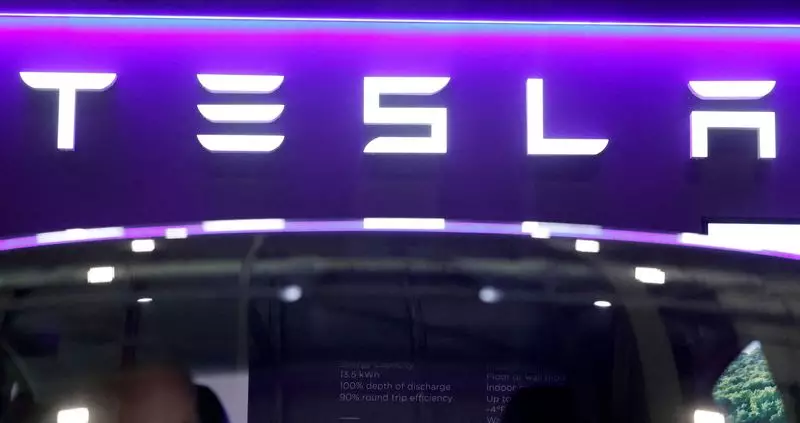In a recent turn of events, Tesla has reached a settlement in a lawsuit regarding a fatal 2018 car crash that resulted in the death of an Apple engineer. The incident, which occurred near San Francisco, involved a Model X operating on Tesla’s Autopilot feature. This settlement, which comes after a five-year legal battle, was reached just before the trial was set to begin. While the specifics of the settlement were not disclosed, it marks the end of a lengthy and high-profile case.
The family of the victim, Walter Huang, had alleged that the Autopilot feature malfunctioned and steered the vehicle into a highway barrier, leading to the tragic accident. Questions were raised about whether Tesla properly informed drivers about the capabilities and limitations of the Autopilot system. There were also concerns about the actions taken by the automaker to ensure the safety of individuals using this technology. The settlement brings an end to these uncertainties, albeit without a clear resolution.
Legal experts have noted the significance of this settlement in the context of future cases involving Tesla’s Autopilot feature. The outcome of this lawsuit could potentially serve as a blueprint for other individuals seeking legal action against the automaker. By choosing to settle, Tesla has sent a message to other attorneys that they might be open to resolving similar disputes outside of the courtroom. This decision has raised eyebrows within the legal community, with some experts questioning the motives behind Tesla’s strategy.
The Ongoing Debate Over Autopilot
The case involving the fatal 2018 crash is just one of several legal battles Tesla is currently facing regarding its Autopilot and Full Self-Driving systems. Despite marketing these features as advanced driver-assistance technologies, Tesla has yet to deliver on its promise of fully autonomous vehicles. This discrepancy has led to increased scrutiny from regulators, consumers, and safety advocates alike. While Tesla maintains that its systems require drivers to remain attentive at all times, critics argue that the company’s marketing tactics are misleading and place individuals at risk.
Tesla’s Future Plans
In a recent statement, Tesla CEO Elon Musk hinted at the company’s future plans for autonomous vehicles. Musk announced that Tesla intends to unveil its full-self-driving robotaxis in the coming months, signaling a continued commitment to technological innovation. This announcement comes on the heels of reports that Tesla has shifted its focus away from a more affordable vehicle model in favor of developing robotaxis. As Tesla navigates the complex landscape of autonomous driving technology, it faces both challenges and opportunities in shaping the future of transportation.
The settlement of the lawsuit involving the fatal 2018 car crash represents a pivotal moment for Tesla and the broader automotive industry. As the debate over autonomous driving technologies continues to evolve, it is clear that the legal and ethical implications of these innovations are far-reaching. Tesla’s decision to settle this case may have far-reaching consequences for future litigation involving Autopilot and other driver-assistance systems. Only time will tell how this landmark settlement will impact the trajectory of autonomous driving technology and the responsibilities of automakers in ensuring the safety of their products.

